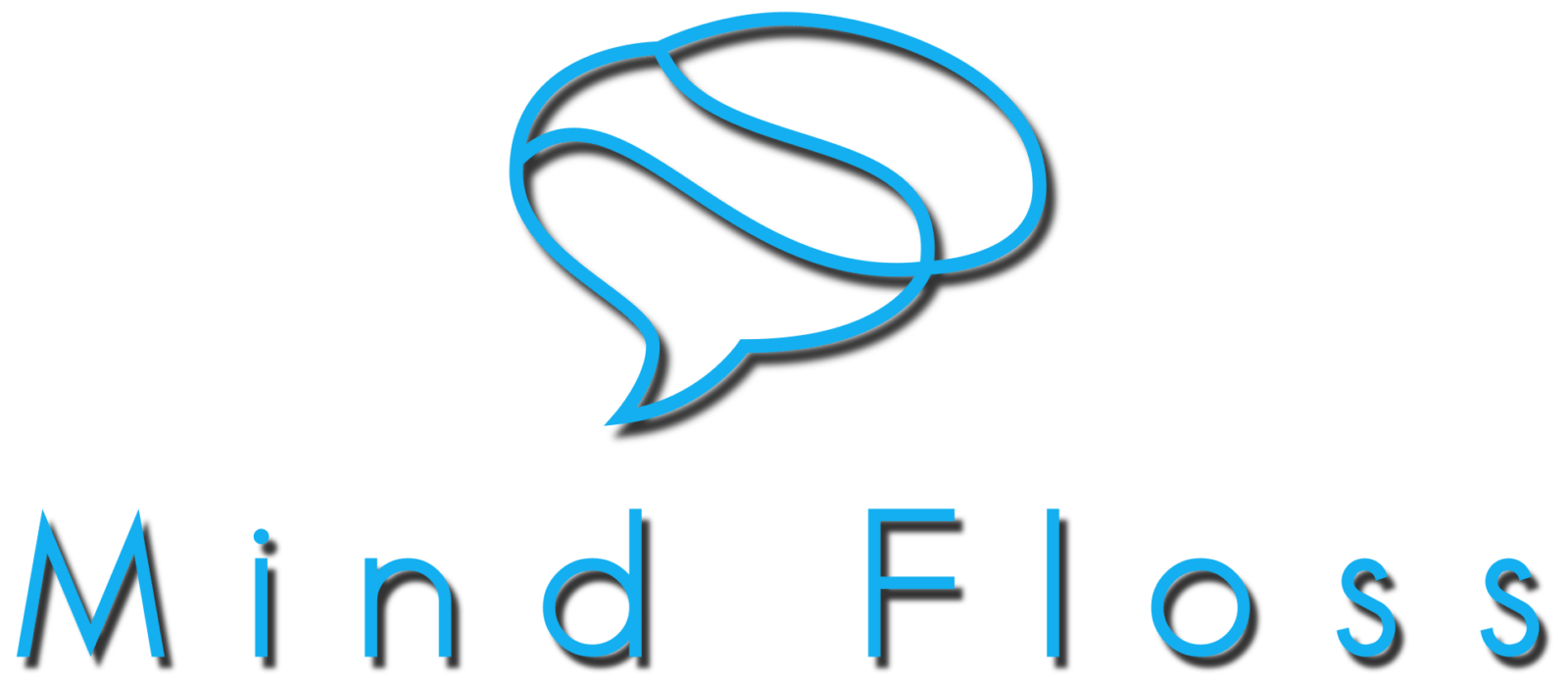The Evolutionary Basis of Depression
Despite it’s inherent challenges, depression serves a much deeper purpose, this purpose is rooted way back in early human evolutionary development. Back then, our ancient ancestors faced numerous threats and challenges, they had to survive harsh weather systems and the winter seasons, defend themselves from attacks from wild animals and other tribes, and recovering from an injury would have been a life and death situation. The landscape was harsh and dangerous. Considering this, we can see that depression had it’s purpose as an adaptive response, a survival mechanism that triggered a useful emotional and psychological state that allowed us to pause, reflect, recover, and conserve energy during those difficult times or adversity and hardship. When the situation changed, when we recovered, or the seasons changed and we could leave the cave to start hunting again, we emerged from the depression. In a way we can see depression as a kind of hibernation where we stay out of harm’s way in order to survive. It also signals to others that we are in need of support and safety. Modern humans are no longer faced with quite the same challenges, so we have adapted this process to the modern day symptoms of depression.
Dampening Motivation
When faced with being “out-competed” by someone else for a valuable resource, depression emerges as a means to dampen motivation for engaging in a futile fight. This perspective highlights the intricate interplay between our evolutionary history and the challenges of modern society.
Social Interaction Withdrawal
By withdrawing for social interaction, conserving our energy, and directing our attention inward, depression facilitates a mindset of self-reflection and evaluation of our life circumstances. During this state of introspection we can reassess our goals, our relationships, and overall well-being. In essence, depression can be viewed as a signal prompting us to address underlying issues, seek support, and start gradually making the changes that align with our fundamental needs and values.
Bio Social Psycho
The recognition of depression’s adaptive nature prompts us to shift our focus toward exploring the social causes and underlying factors that contribute to its manifestation. It challenges us to rethink our research and treatment methodologies, paving the way for more tailored and effective interventions. By embracing this new perspective, we embark on an exciting path that explores the intricate interplay between biology, psychology, and social interactions, ultimately fostering a deeper understanding of depression and its role in our lives.
Solution-Focused Hypnotherapy: Navigating the Path of Healing
Solution-Focused Hypnotherapy offers a unique approach to resolving the state of depression. By utilising the hypnotic state, deep relaxation, and visualisation, powerful and positive change can be achieved. Primitive man also engage in a similar process for healing by sitting around the fire telling elaborate stories embedded with meaningful metaphor and embellished with imagination, in this process they were able to not only process pain, but also pass on valuable insight and knowledge for others to benefit from.
Understanding the Meaning of Depression:
I like to view depression as not just another form of pathology or challenge, but also as an opportunity for growth and transformation. Depression is a natural state, it has a role and it has meaning, it is a natural response to a set of circumstances, and we all have within us the ability to emerge from it. Just like our ancestors. By looking at its meaning, and viewing it as an invitation, we can embark upon a journey of self-discovery and meaningful change.
The Role of Hypnotherapy in Healing:
Hypnotherapy and Solution-Focused Brief Therapy compliment each other perfectly. The forward thinking, goal setting focus of SFBT primes the brain to cultivate what it is focusing on, in other words by spending time creating an image of how you want things to be allows the mind to start working on that outcome. The hypnosis part further builds on this mental picture and integrates that template at a deep subconscious level. Negative beliefs and thought patterns are challenged and replaced with healthier ways of seeing. This shifts the unresolved emotional arousal or unwanted templates back into the narrative memory. Innate strengths and resources are tapped into, and the promotion of deep relaxation allows for emotional balance.
Transforming Negative Thought Patterns:
Another powerful aspect of hypnotherapy is its ability to challenge the negative thought patterns and beliefs that come when we suffer from depression. Reframing is a powerful tool, and when negative thought patterns and beliefs are reframed in the mind, individuals can shift their perspective, process pain, and cultivate a more optimistic outlook on life.
Enhancing Emotional Well-being:
Due to the deeply relaxing qualities, and futures oriented focus, Solution-Focused Hypnotherapy strengthens emotional regulation and promotes the state of emotional well-being. By practising self-hypnosis with the use of an audio recording between sessions, a sense of calm and balance is achieved while the depressive symptoms are managed. When we are depressed we tend to think about things that make us depressed, by focusing the mind in a fundamentally different way we kick start the process to recovery.
If you are struggling with depression and want to do something about it, feel free to contact me via the contact form or give me a call, the number is on my homepage. Thank you for reading.




